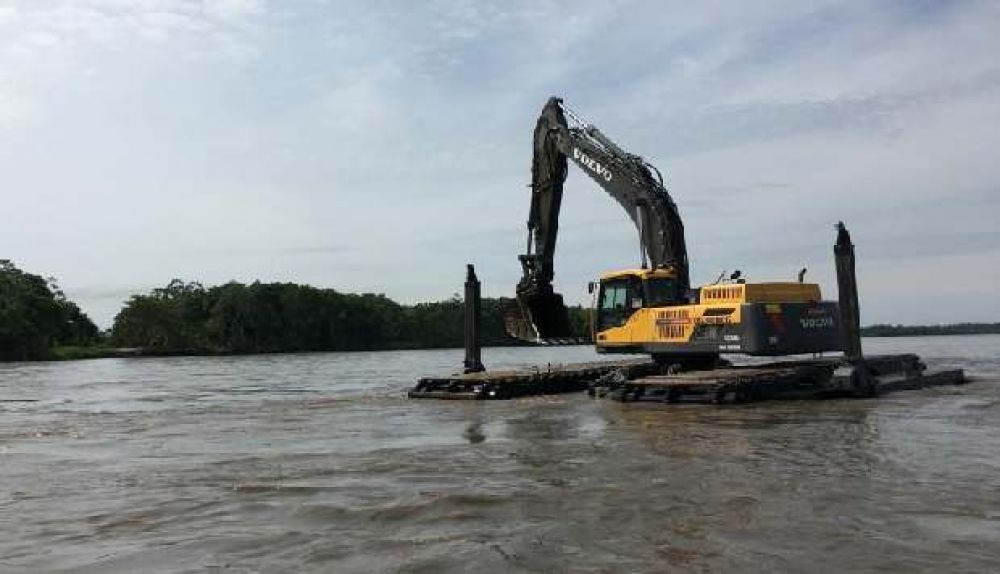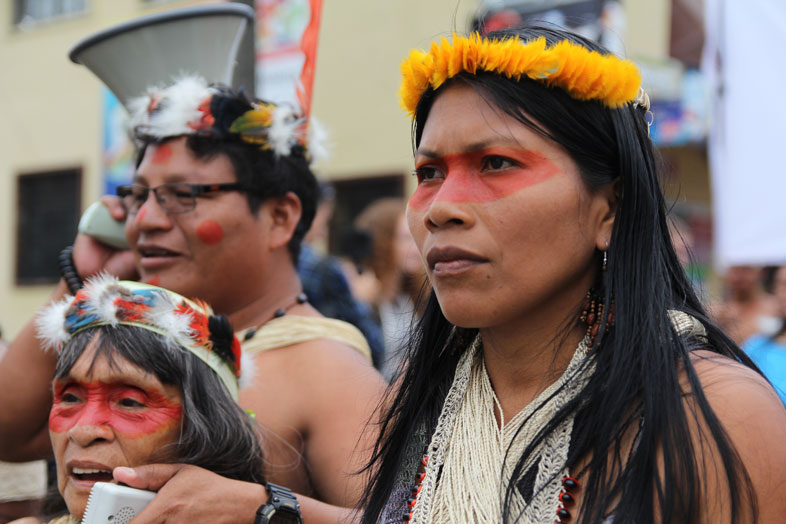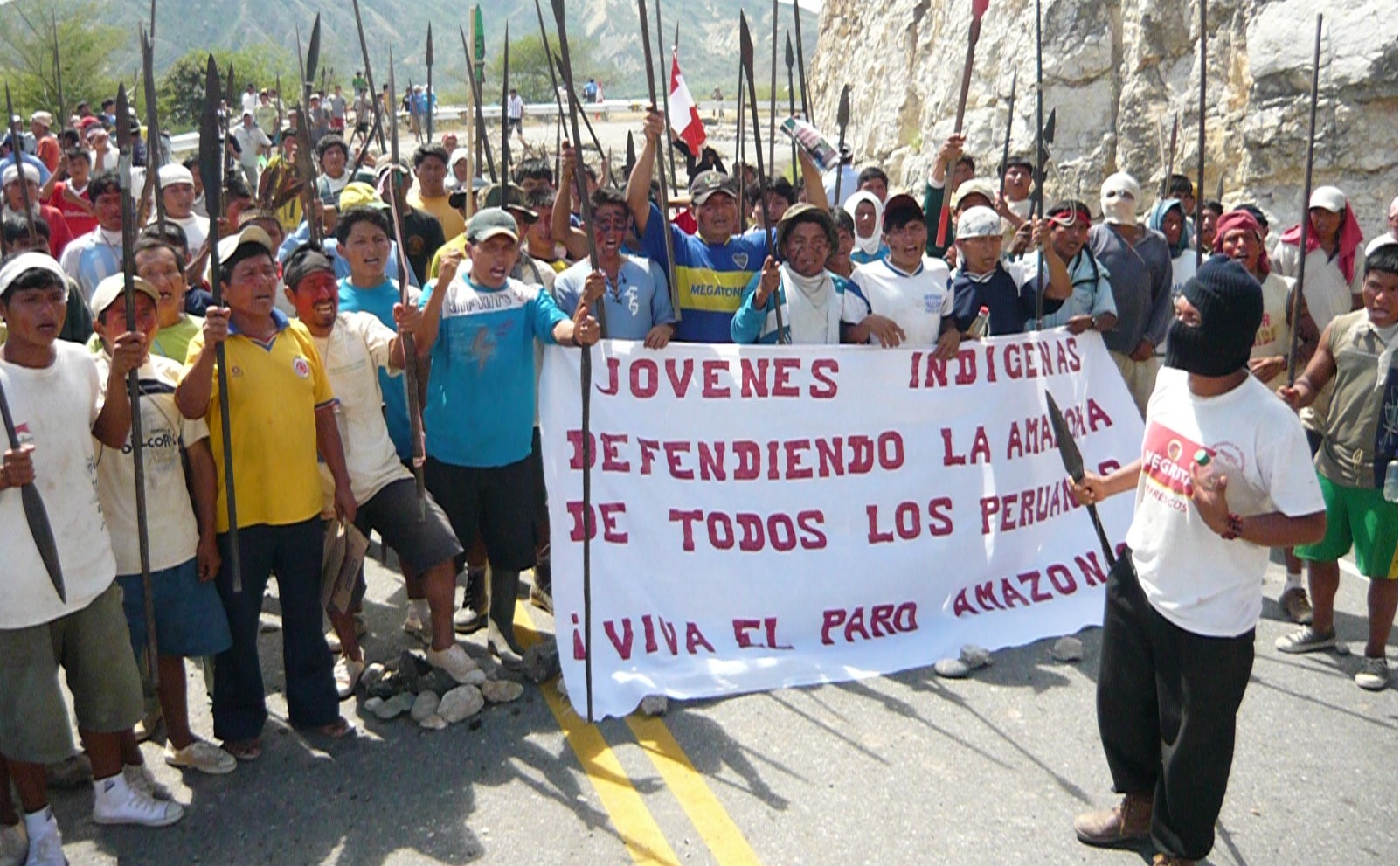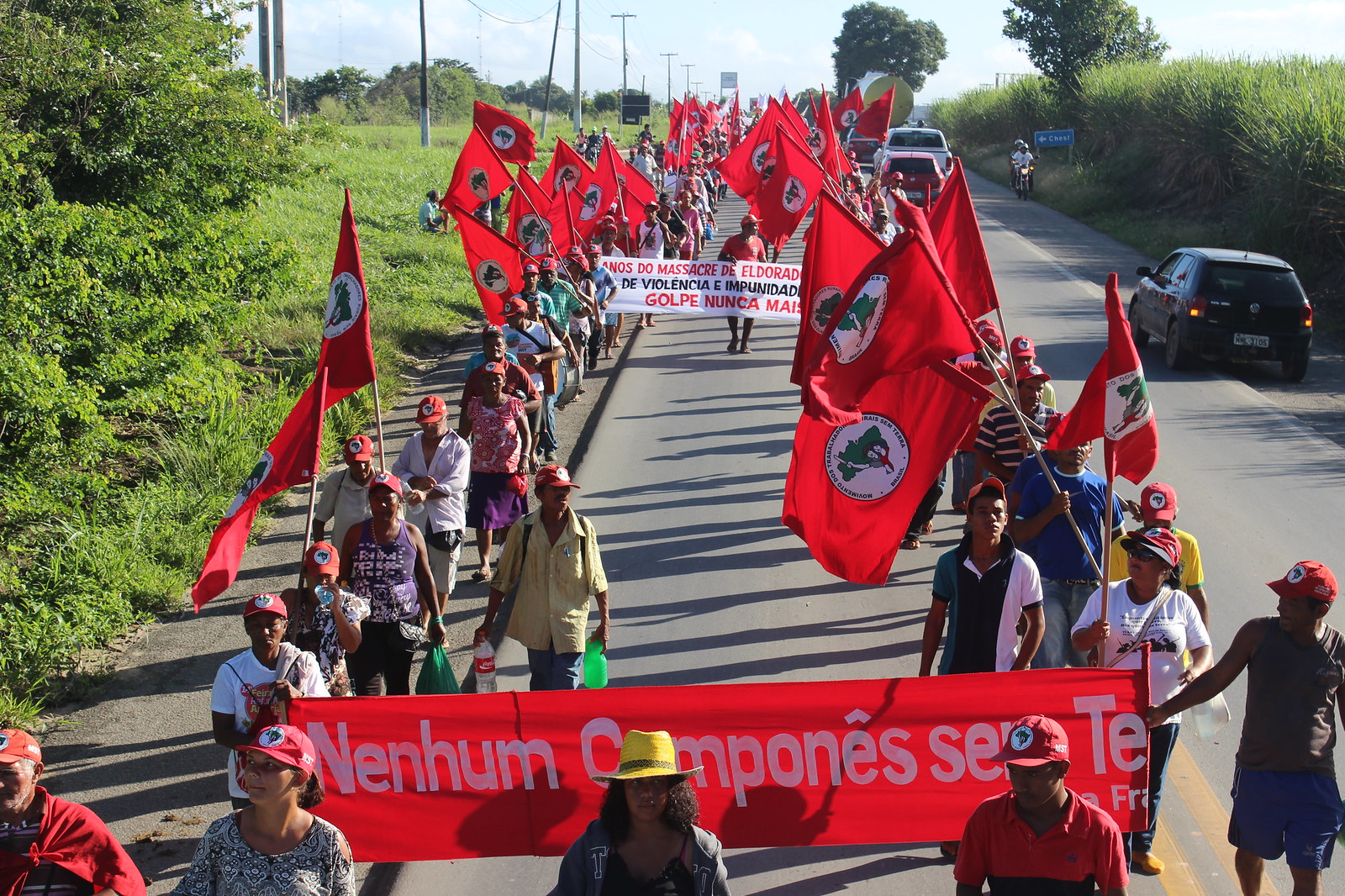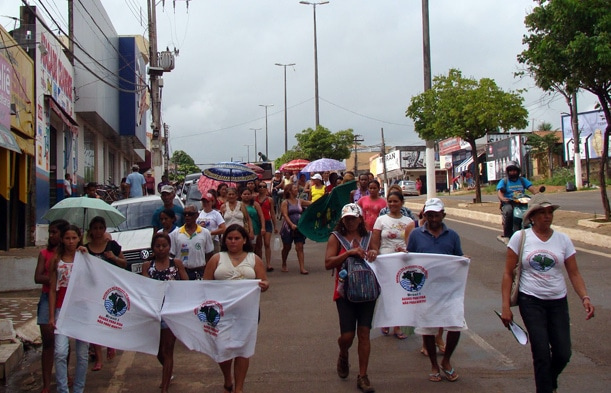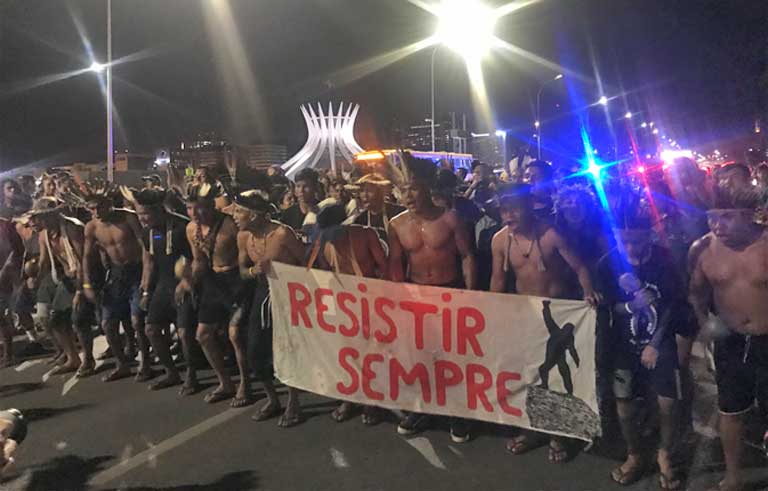
Brazil high court ruling sparks indigenous protest
At their annual protest encampment in Brasilia, some 4,500 indigenous people from across Brazil marching on the Supreme Court building to oppose a recent ruling that could negatively impact demarcation of indigenous territory. The case concerned Provisional Measure 870, signed by President Jair Bolsonaro on his first day in office, shifting responsibility for indigenous reserve demarcations from FUNAI, Brazil’s indigenous agency, to the Agriculture Ministry. MP 870 was challenged as unconstitutional, but Supreme Court Justice Roberto Barroso rejected that challenge—although he did agree that if the Agriculture Ministry failed to carry through with demarcation in future, further legal action could go forward at that time. During the three-day encampment, indigenous groups also protested Bolsonaro’s plan to open indigenous reserves to mining and agribusiness. The Free Land Encampment has been held in Brasilia every year since 2017. (Photo: Mongabay)



